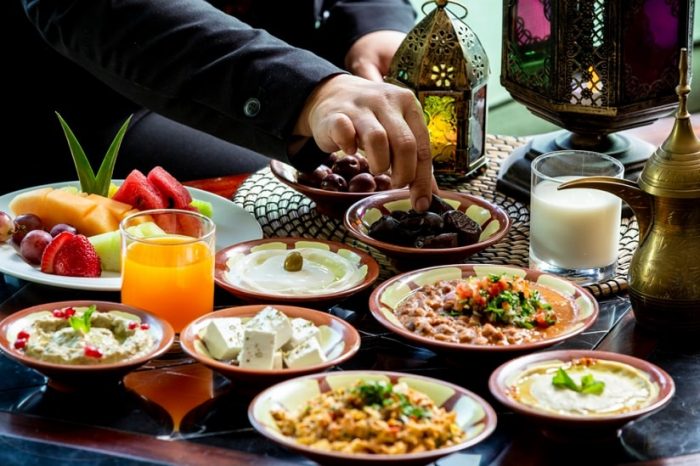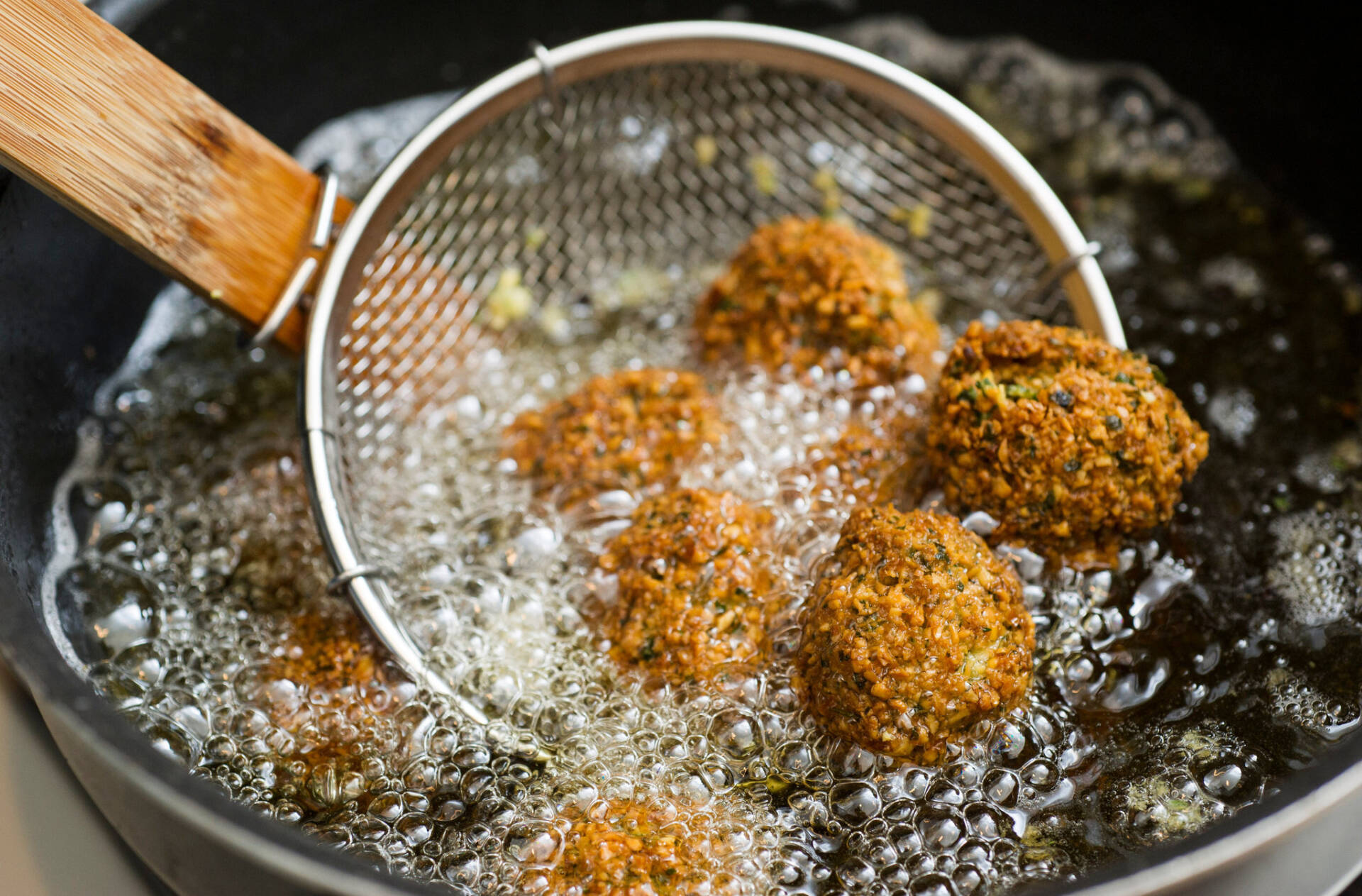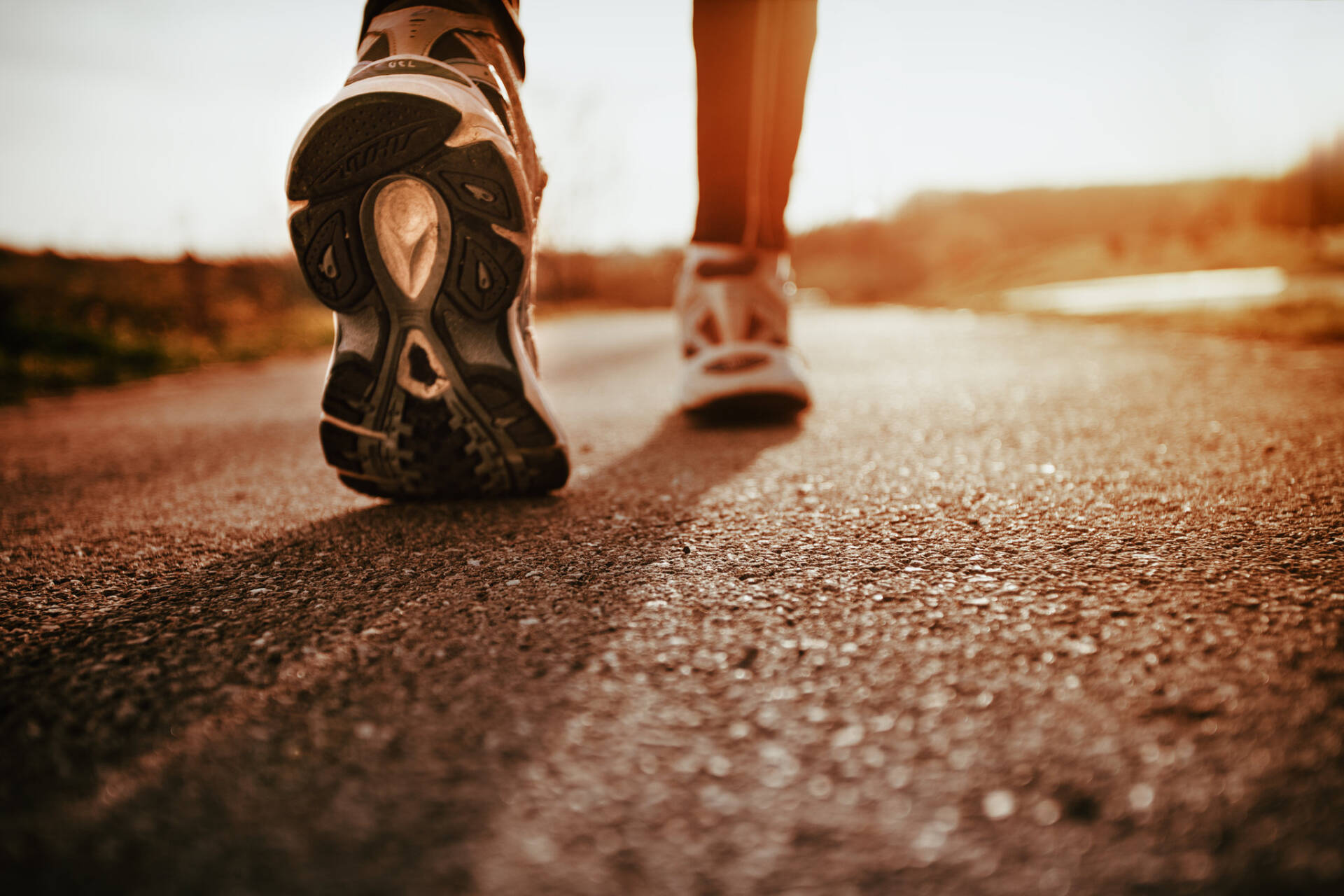Ramadan Mubarak will soon be upon us, and throughout the world Muslims will fast from sunrise to sunset while reflecting, spending time with family, and celebrating the holy month. It is important to look after yourself and stay healthy by eating healthy following your Ramadan 2022 plan. For people who are particularly into their fitness, we have a few tips for you.
1. Clean Eating
The time window in which you can provide your body with all the nutrients it needs is limited, so you should focus on eating high-quality foods. Iftar should be a time to drink plenty of water and eat a balanced diet of starch, vegetables, proteins, and dairy products for good fats.



Adding these nutrients to your meals helps you stay hydrated and full for longer, and can even help boost your immune system, which is crucial during this pandemic period. Focus on eating foods with a low glycaemic index during Suhur (the pre-dawn meal), such as whole grains, fruit, and vegetables, including oats, rye, barley, brown rice, quinoa, berries, apples, and oranges.
You will feel fuller for longer by eating these healthy foods and you will be less likely to spike your blood sugars following this Ramzan plan. This can also help you control your appetite, and you will keep going throughout the day without feeling tired.
2. Things To Avoid
Some of the things you need to avoid are salt, caffeine, sugars, and processed foods. In preparing meals for Suhur, it is important to avoid over-salting, since this will dehydrate you and cause you to become thirsty throughout the day. You should also avoid caffeinated drinks, as they have a diuretic effect, increasing the production of urine, which could also lead to dehydration.



The food and drinks that have added sugars and carbohydrates have a relatively low nutrient density, do not keep you as full as long and are also linked to an increased risk of disease. Overeating these types of foods can damage the heart and kidneys, slow the immune system, and may cause weight gain.
Instead of deep-fried foods, such as samosas, you can substitute healthier alternatives like dates and fruits. Likewise, you can substitute sugary foods like doughnuts, ice cream, and cakes with fruit salads and yogurts.



Try cooking with a large base of tomatoes and onions because a large base of tomatoes can help maintain healthy blood pressure and reduce blood glucose, and onions are high in vitamins, minerals, and fiber.
3. Exercise
While you may find it challenging to be physically active, it has significant health benefits. It is important to keep exercising regularly throughout Ramzan.



Please keep in mind that your energy level and patience during the fasting day will not be the same, so avoid weight lifting or high-intensity exercises during this time – but you can do them after Iftar for the rest of the evening.
If you want to do light exercise while fasting, try walking, jogging, pilates, yoga, or stretches. Take a walk around the park or garden, or go for a short cycle or jog. Walking is the easiest form of exercise to fit into your day. If you want, you can gradually increase the intensity of the exercise you do, depending on how you feel each day.
Fasting should not be an excuse to be sluggish. Instead, take it as a chance to focus on yourself and your body by doing some activities, and keep yourself spirited! You must also check out our 8 hand-picked tips to make a realistic Ramadan plan and the Ramadan timings to follow accurate time for suhoor and iftar.
What do you think of this story? Let us know in the comments section below.


















